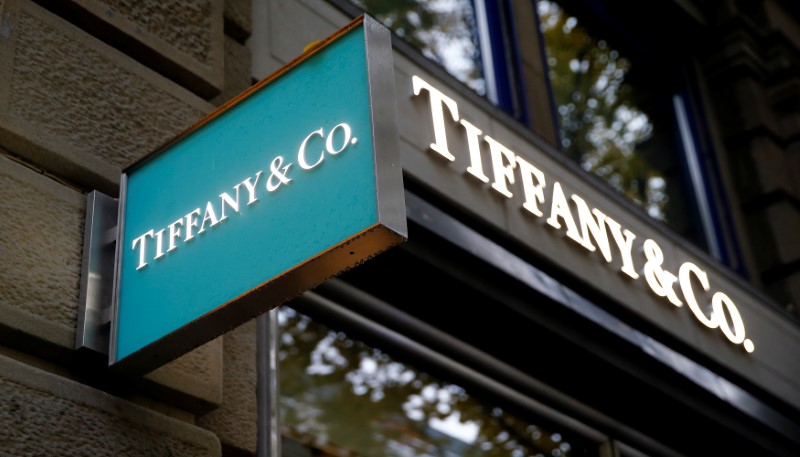This post was originally published on this site
https://i-invdn-com.akamaized.net/news/LYNXMPECAS0NX_M.jpg
Investing.com — Has Bernard Arnault made a dog’s breakfast of Tiffany’s?
LVMH (PA:LVMH), the company founded by France’s richest man, has a bad case of buyer’s remorse, but it has its work cut out in trying to get out of its $16.6 billion offer for New York’s most famous jeweller. Its countersuit on Monday, filed in a Delaware court after Tiffany’s (NYSE:TIF) had sued to enforce the terms of the takeover, has some strong arguments but has very few legal precedents to offer it hope: according to Delaware courts have only once granted a suit to tear up a merger agreement on the grounds that LVMH is seeking.
LVMH has probably made life even harder for itself by changing its story over the last month: it said in early September that it had been unable to complete the merger because of a request from the French government, whose plans to introduce a new digital service tax had prompted the announcement of tariffs on French goods by President Donald Trump’s administration.
Only later did it start to argue publicly what is now its main defense: that the pandemic, and Tiffany’s mishandling of it, constitutes a “material adverse effect”, meaning effectively that LVMH would be buying a company very different from the one it agreed to buy.
Merger agreements typically have clauses written into them that excuse the buyer from completing the acquisition in the case of a “material adverse effect”. They also include clauses at the target company’s request that detail the kinds of circumstances that wouldn’t qualify as such, hence the key passage in LVMH’s filing:
“In the course of the negotiation, Tiffany sought and received carveouts for highly specific events, such as “cyberattacks”, the “Yellow Vest” movement and the “Hong-Kong Protests”. Yet Tiffany did not obtain a carveout for public health crises or pandemics. In contrast, hundreds of other merger agreements executed in the decade preceding the Merger Agreement contained express pandemic or epidemic carveouts. “
That the pandemic would hit Tiffany hard was obvious from the very start. It depends heavily on footfall to its boutiques, especially the flagship store in New York, which was pummelled by the virus in March and April. It’s also disproportionately dependent on tourist spending, which all but completely dried up.
Which being the case, LVMH argues that Tiffany shouldn’t have been taking on additional debt to carry on paying dividends this year. The French company argues that this amounted to a breach of covenant by Tiffany to preserve its business organizations substantially intact.
An expedited trial is scheduled for January. In the meantime, negotiations between the two could result in an agreement for the deal to go ahead at a lower price.
The weakness of Tiffany’s outlook as a standalone business – analysts don’t expect sales to return to pre-pandemic levels for three years – puts a lot of pressure on management to get the deal done. , A looming second wave of Covid-19 will not help Tiffany’s position in such circumstances. Tiffany’s current share price says the market expects Bernard Arnault to get a discount of 13% to his rich initial offer. He’ll get it a much bigger one if – if – the court accepts his arguments.

